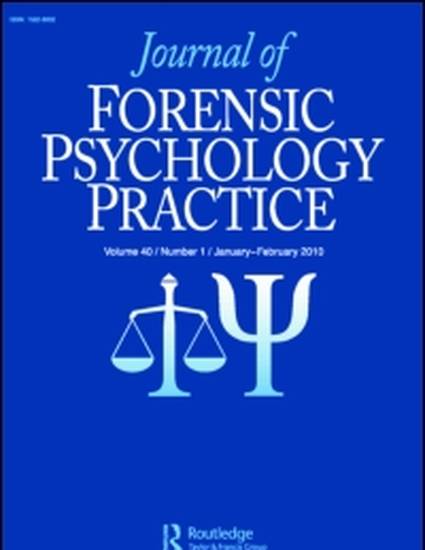
Psychophysiological Credibility Assessment (PCA), commonly known as polygraph testing, is one of the most misunderstood, misrepresented and maligned applications of psychology. In this article we review the two main approaches to PCA, knowledge-based and deception-based tests, and the techniques, scientific support and criticisms associated with each. Despite data indicating that the most commonly used polygraph techniques are highly valid discriminators of deceivers and truth tellers, there are several very vocal and high profile critics of psychophysiological credibility assessment. Unfortunately, since most psychologists appear to be poorly informed about the controversy, they may be misled by misinformation from persons believed to be high authority sources. We hope that the present article will help to inform the forensic community about this important and interesting area.
Available at: http://works.bepress.com/charles_honts/25/
